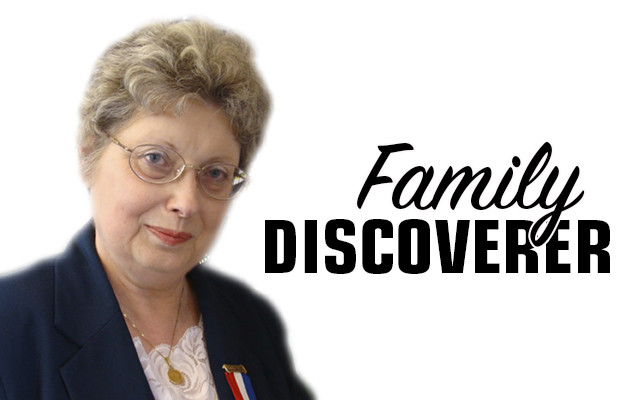
What languages are in your history?
By Nancy Battick
American Ancestors’ weekly e-zine recently posed a survey question regarding ancestral languages. They asked about parents, grandparents, great- and great-greats who spoke a different language, as well as asking if the survey taker was bilingual.
Did one of your ancestors in living memory speak another language as their first language? Did you learn to speak it or just a few words?
My late husband told of how his father learned Magyar (the language of Hungary, though his family was ethnic Slovakian) from listening to his mother report the boy’s misdeeds to his father at the end of the day. Young Frankie knew when he was in serious trouble with Dad.
My mother’s family spoke English, as did most of her ancestors. I’m sure the earliest arrivals to these shores spoke English dialects from their various areas of Great Britain, something that can still be found today. Even in the U.S. there are accents and word usages unique to certain areas.
Dad’s family was different. His parents came from Lithuania to this country. His father learned English and was already bilingual, speaking Russian and Polish and some German. His mother never learned more than a little English. The children were all bilingual. This isn’t unusual. Most women remained in the home and had limited contact with the outside world, especially in rural Maine. The children of the family often acted as interpreters for their mothers.
When my Dad went to school, he spoke no English. He was seated with his older sister in a one-room schoolhouse, and his sister interpreted between the teacher and my father. He learned English quickly, as children usually learn languages faster than their adult parents. To my sorrow, he refused to teach me to speak Lithuanian.
My Dad was all for assimilation and most of the second generation were. They spoke to their parents in one language, to the rest of the world in another. By the third generation the language was virtually lost.
If there’s a foreign language in your family tree, such as Italian, German, French or another, I hope some effort was made to teach you at least the rudiments of the language. I know so many genealogists who struggle when researching their ancestors because of language difficulties. And there’s a difference between knowing a language verbally and being able to shift through records, particularly older records.
Nor should you assume your ancestors spoke a generic version of any language. There were variations in the basic language depending on the area your ancestors came from. People in Sicily didn’t speak the same as people from Milan or Venice, for example. They’re Italians, but they still have regional differences.
Subscription to American Ancestors’ e-zine is free and you can sign up for the weekly by going to americanancestors.org. It will come directly to your inbox. The e-zine covers various genealogical topics and updates, and I highly recommend it.
Columnist Nancy Battick of Dover-Foxcroft has researched genealogy for over 30 years. She is past president of the Maine Genealogical Society, author of several genealogical articles and co-transcribed the Vital Records of Dover-Foxcroft. Nancy holds an MA in History from UM. Reader emails are welcome at nbattick@roadrunner.com.